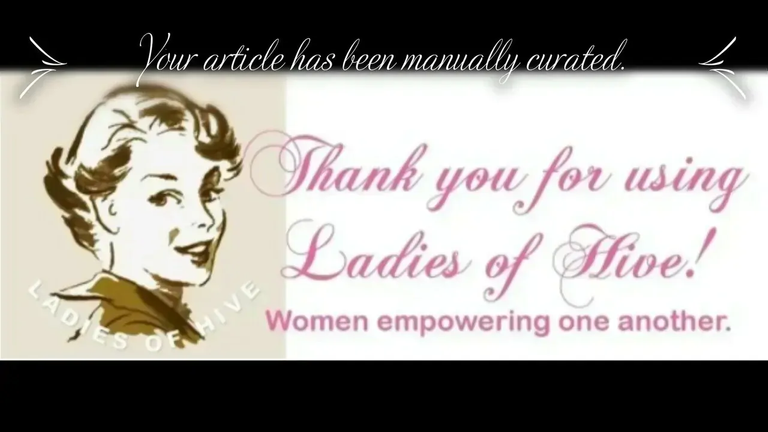Hello #Ladiesofhive
My entry for #94 contest

What is a woman?
The answer to this question, which has been posed throughout history, is constantly changing.
Some people think that having a certain set of biological traits, like a vagina or being able to have children, makes someone a woman. Others say that having a particular mindset or way of thinking is more important.
There is no single response to this query, and each individual's definition of what it means to be a woman is unique. There is no one definition of what a woman is, and everyone has the right to establish their own.

In the early days of humanity, the term "woman" was used to describe all adult human females. Over time, it came to be associated exclusively with females who were married or had children. This narrow definition excludes single women, lesbians, trans women, and other gender non-conforming people.
Today, the word "woman" is used to refer to any adult female, regardless of her marital status or parental status. It is a inclusive term that represents the diversity of females around the world.

In this digital age, there are shifting ideas about sex and gender, and some young children are asking challenging questions. As grandmothers and moms, we want to make sure that our grandchildren have all the information and tools they require to lead the happiest and most fruitful lives possible. What would you say to your kids if they expressed dissatisfaction with their sex or gender? How would you respond to their inquiries about how sex and gender are changing in the modern world?

First and foremost, I advise having an honest conversation with your child about these subjects. Tell kids it's alright to ask questions, and be ready to honestly respond to those inquiries. Let them know that it's okay to be different, and that there's no wrong or right way to feel.
Then, assist your child in understanding their own gender and sex and be comfortable with it. Discuss the various facets of sex and gender with your child and explain how they relate to them. Help them understand that there are numerous acceptable ways to express one's gender or sexual identity.

Most crucial, convey to your youngster that being themselves is okay. Assist them in creating a solid foundation of self-acceptance so they can be comfortable and succeed in the lifestyles they choose.
You might also want to think about sharing a book or seeing a documentary that delve more into these subjects.

Thank you for reading ❤
I'm inviting @temmylade and @wolfofnostreet to participate in the contest










